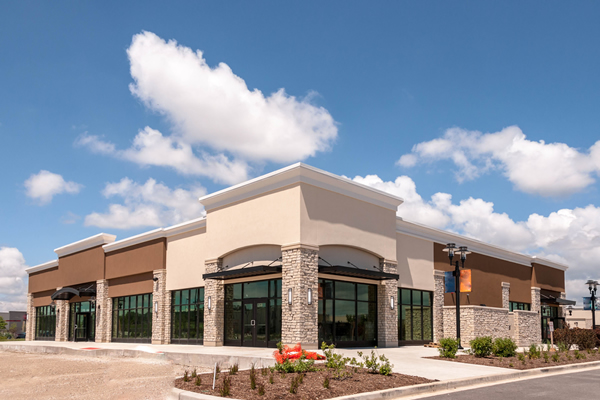FORCE MAJEURE is not a term we use every day. It translates from the French as a ‘superior force’ and is defined as an unforeseeable circumstance that prevents someone from fulfilling a contract; or put another way, an event which is outside the reasonable control of a party which prevents that party from preforming its obligations under a contract.
On March 21, 2020 Governor Gavin Newsom signed Executive Order N-33-20 allowing essential business to remain open; however, many businesses have been languishing or have closed down. Those of you that have closed or are simply hanging on by a thread, may be wondering if there is any relief such as rent abatement or possibly termination of your lease.
Fortunately, many commercial contracts (including commercial real estate leases) contain a force majeure clause that excuses performance of the contract under certain specified conditions. Typically, these conditions excuse performance related to acts of God, such as extreme weather events or even events caused by human acts.
If your contract has a force majeure clause that you wish to invoke, you must demonstrate that in spite of skill, diligence and good faith on your part, performance has become impossible or unreasonably expensive. The fact that performance is merely more expensive than anticipated is not enough; rather, there must exist extreme and unreasonable difficulty, expense , injury or loss involved.
Also, the event must be unforeseen, meaning that both parties must not have considered the event’s occurrence at the time of contracting. Moreover, you must prove that it is impossible for you to continue business under the current circumstances. Thus, excusing performance under a commercial lease is not a given despite the challenging circumstances in play under COVID-19.
Assuming your contract or lease agreement does not have a force majeure clause, there is still hope for relief. The principles of impossibility, impracticability, and frustration of purpose may be available.
The doctrine of frustration seems more on point in this era of COVID-19 because it will excuse performance if the purpose of the contract has been frustrated by a supervening circumstance that was unanticipated such that performance is substantially destroyed. However, to assert these defenses, you must establish that (1) the unexpected occurrence of an intervening act, (2) such occurrence was of such a character that its non-occurrence was a basic assumption of the agreement of the parties, and (3) that occurrence made performance impracticable.
COVID-19 has wreaked havoc on our economy and no end seems in sight. Hopefully the above information will give you a basic knowledge to help you navigate through these uncertain times.





